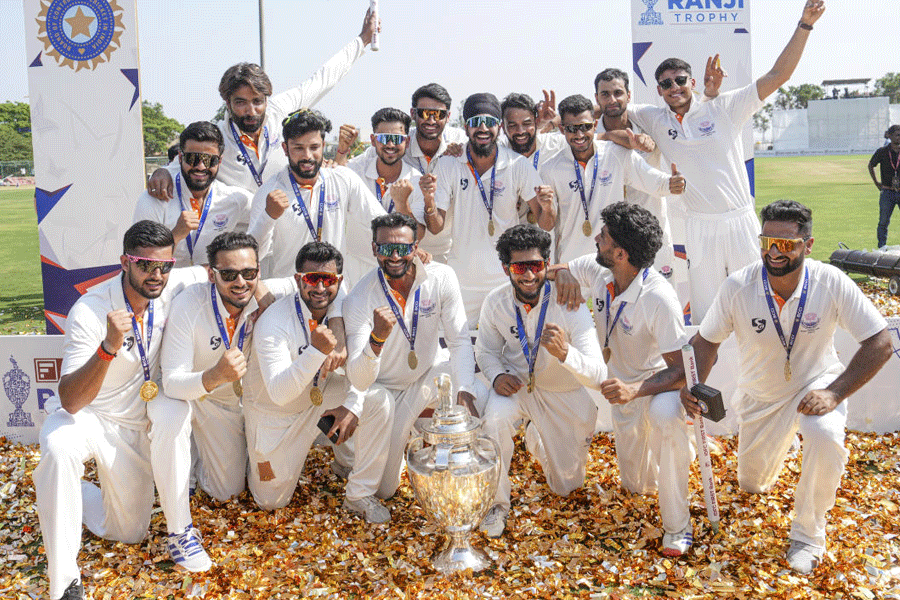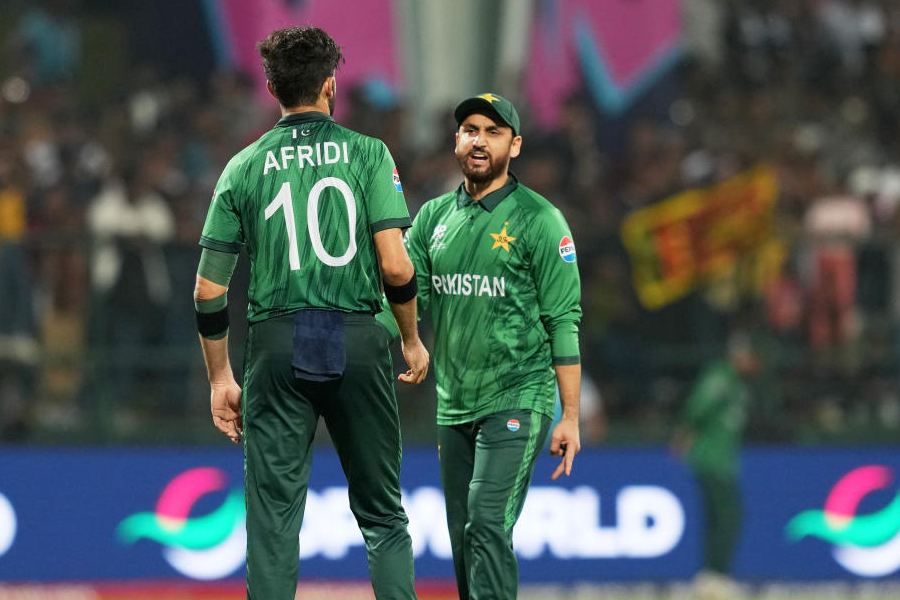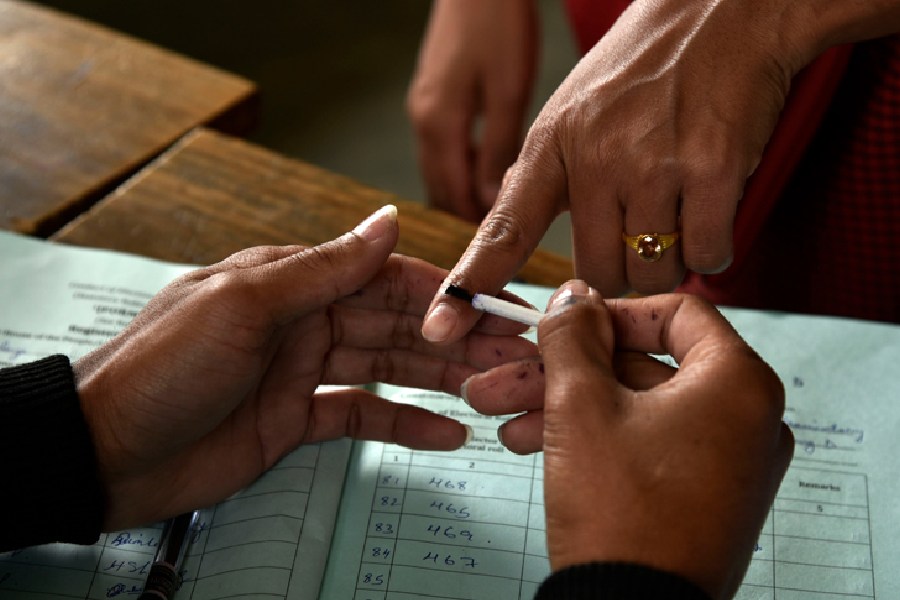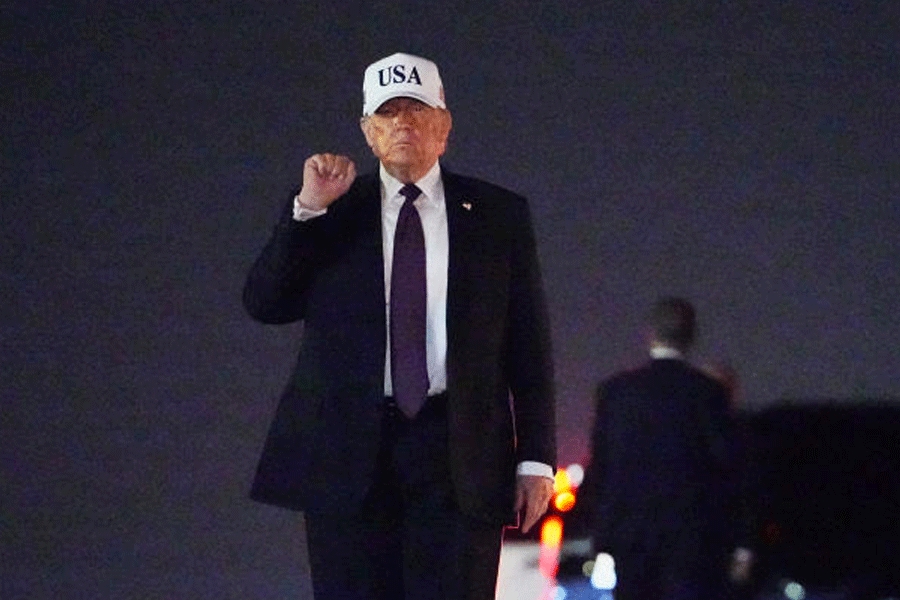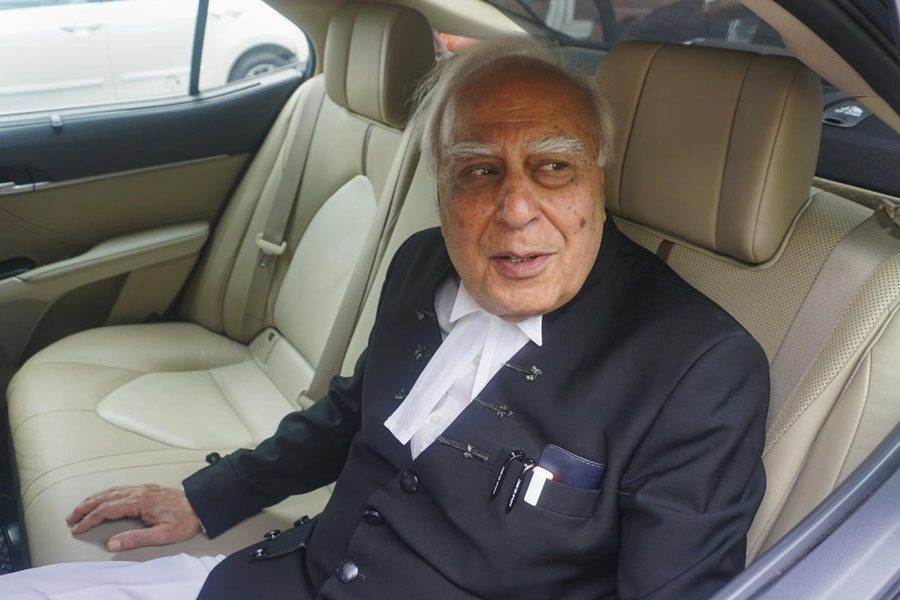|
|
| Bush announcing the start of the Iraq war, March 19, 2003 |
The external affairs minister, Pranab Mukherjee, will get a first-hand opportunity, next week, to take a close look at an issue that no longer attracts much public attention in India, even though it continues to be the centrepiece of international diplomacy. The spotlight during Mukherjee’s visit to Washington from Easter Sunday will inevitably be on the star-crossed nuclear deal, but there is much more at stake in his three-day trip to America.
It is ironic that the nuclear deal has become a life-or-death issue for the United Progressive Alliance government even as the overall bilateral agenda continues to be crowded in Indo-US relations. This applies especially to a number of important areas that are not strategic, and therefore not eye-catching enough to make it to the front page. The roadblocks in the implementation of the nuclear deal have not prevented an all-round expansion and consolidation of Indo-US relations.
It is perhaps natural that in the midst of this deepening of bilateral ties, New Delhi has paid scant attention to the future of Iraq, now tied to what happens in the United States of America in ten months, when there will be a change of guard in the White House. Discreetly, in his usual low-key style, Mukherjee will attempt, during his three days in Washington, to get an idea of how the situation in Iraq will shape up under the next American president.
The conventional wisdom is that the US will end its military attack on and occupation of Iraq — which began five years ago today — if a Democrat is sworn in as president in January, 2009. Most certainly so if the current front-runner for the Democratic Party’s nomination, Barack Obama, wins the presidential election in November this year. Obama keeps promising an end to the war and US troops returning home in his daily appearances while campaigning across the country. His only rival for the party’s ticket, Hillary Clinton, wants to bring the troops home too, but she is less convincing than Obama on this score, and many Americans are sceptical about her assertions on Iraq. This is partly because, unlike Obama, who was opposed to the invasion of Iraq from the very start, Clinton voted to authorize the war in the Senate. Besides, more recently, she has voted for resolutions in the Senate that have enabled President George W. Bush to strengthen his case for repeating the attack on Saddam Hussein on the theocratic leadership in Tehran before he demits office.
The Republican nominee-to-be in the November election, on the other hand, is more pro-war on Iraq than Bush. John McCain has put himself in that position by not only demanding that more troops should be deployed in the conflict but also by arguing that the US forces should stay in Iraq for “100 years”. McCain, for all intents and purposes, is more militaristic than Bush, and because he has served in the army — unlike Bush and his vice-president, Dick Cheney — McCain enjoys the respect of America’s men in uniform, his military aura enhanced by the years spent as a prisoner of war in Hanoi.
Notwithstanding all this, Mukherjee will discover next week, if he probes America’s political nerve-centres deep enough, that despite all the campaign talk about an end to the war in 2009, an unwritten consensus among the presidential candidates is emerging that will underwrite America’s broad national interests in Iraq.
Investigations by this columnist have revealed that emissaries from the camps of Obama and Clinton have been separately approaching key US allies to persuade them to work with the next American president in shouldering the responsibility of restoring normalcy in Iraq. These parleys show a surprising convergence of views among the candidates in the closed-door strategies to be pursued on Iraq after an election. Both Obama and Clinton appear convinced that key US allies will take over peacekeeping in Iraq under the United Nations or some other auspices once the US decides to end its military occupation, according to Western diplomats who have talked to emissaries of these candidates at the request of their respective campaigns. All that was needed, the two Democratic candidates appear convinced, is sufficient persuasion of the US allies and enough concessions to tempt them to take up a peacekeeping role in Iraq.
At the same time, McCain has abruptly begun talking about Iraq as a peacekeeping venture although he has not given up his aggressive advocacy of the occupation of Iraq as part of a larger war against terrorism. It is entirely possible that the three remaining viable candidates in the presidential field in both parties have broadly agreed on a modus vivendi for getting out of the quagmire in Iraq — especially now that all economic pointers make it obvious, to anyone except nitwits and the most uncompromising neoconservatives, that the US can no longer afford a war that costs $12 billion a month, according to a new book co-authored by the Nobel Prize-winning economist, Joseph Stiglitz.
All this is relevant to Mukherjee’s visit because there will be a replay of the entire sequence of what happened in 2003 around an Indian role in Iraq if the next US president opts for an international peacekeeping force in that country. Five years ago, no shadows were cast by Iraq on a developing Indo-US relationship, largely because Robert Blackwill, who was Bush’s ambassador to India until shortly after the fall of Saddam Hussein, made a strong case in the White House that India had vital interests in the entire Gulf region linked to New Delhi’s stand on being a part, or otherwise, of the so-called “coalition of the willing” that attacked and occupied Iraq. Later, Blackwill put the same argument across to key agencies of the US government as the point man in the national security council for Iraq’s transition from an openly occupation set-up to a puppet regime of the Bush-Cheney team.
If Obama, Clinton and, to a lesser extent, McCain bring sweeping changes in the Iraq policy that involve the UN in a peacekeeping role, it will require deft diplomacy on the part of South Block to dispel the view in major world capitals that India, which aspires to be a permanent member of the UN security council, is abdicating its responsibilities as a global power in-waiting.
Mukherjee is equipped more than anyone else in the Manmohan Singh government to undertake this delicate diplomatic-cum-strategic exercise because he sensibly handled the first Nato approaches to India as defence minister when the US-led military alliance extended its reach into Asia. Mukherjee also navigated — as successfully as he was allowed to by a government in New Delhi that was mesmerized in 2005 by visions of an Indo-US alliance — the pitfalls of getting into a military embrace with the Americans that was not in India’s long-term interests. The idea that India may be asked to do anything at all in Iraq by the next US president may seem preposterous, given the hard line on the US adopted by the Left parties and the pragmatism that the Bharatiya Janata Party displayed in dealings with Washington throughout the rule of the Atal Bihari Vajpayee government. But a country like India cannot detach itself from the larger world endlessly.
It will be much more difficult for any government in New Delhi, next year, to simply walk away from a request by the next US president to be part of any international effort to bring normalcy to the Gulf region. To do this, there has to be a road map for Iraq’s future. Mukherjee’s visit to Washington will give New Delhi the first glimpse of what lies ahead on this score.






